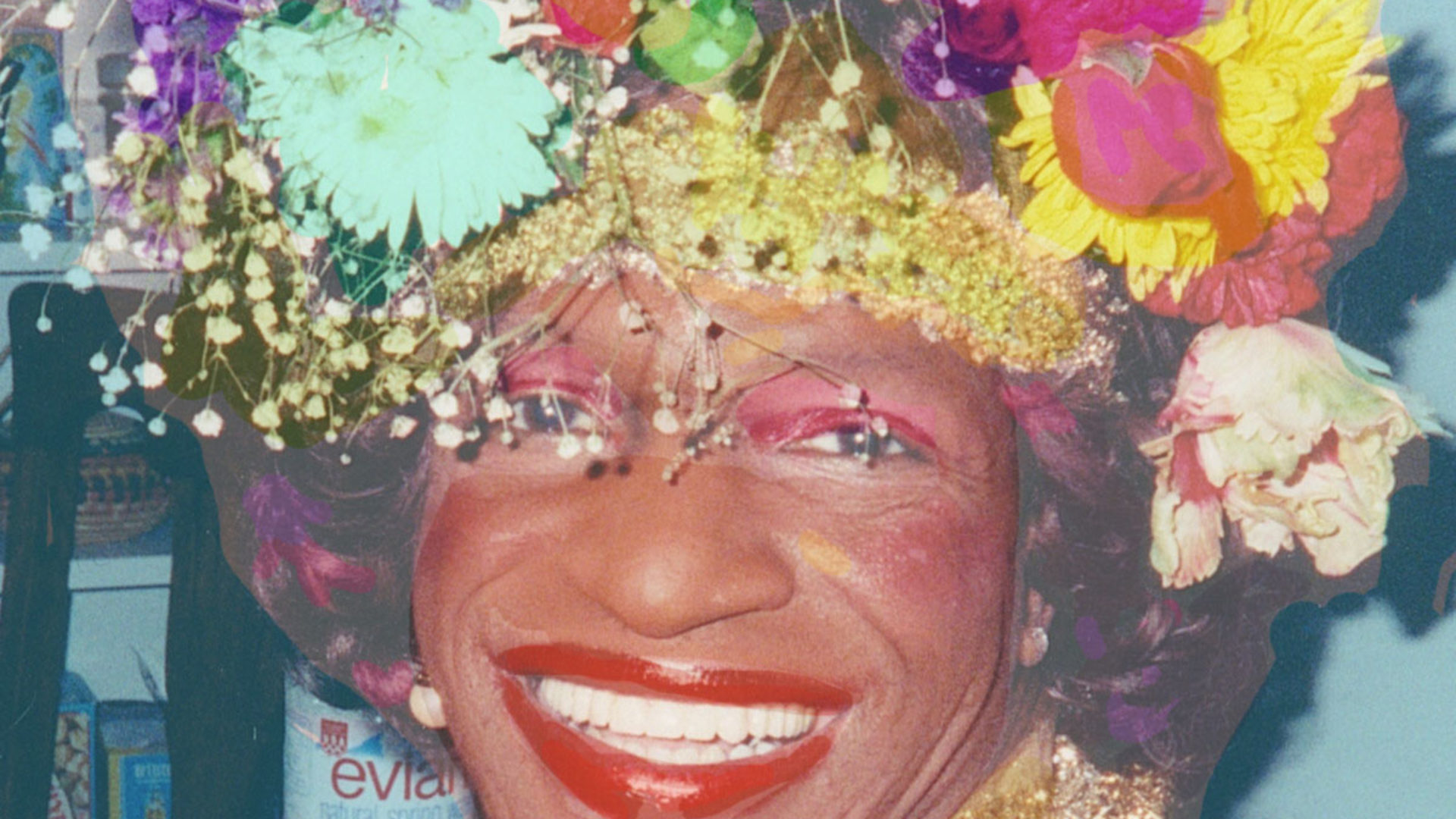
In June 1969, the police raided the Stonewall Inn, a Mafia-run gay bar in New York City’s Greenwich Village. Officers arrived after midnight, under the premise that the Stonewall had violated liquor laws. Although it was a gay spot, women and drag queens, like trans freedom fighter, Marsha P. Johnson, had gained entry as well. It’s widely accepted that Johnson was present, and active, on the night the riots began, with some even crediting her with starting them.
On the morning of June 28, officers forced patrons outside and tried to have them arrested, but chaos ensued as customers resisted. After someone threw a brick (or was it a brick at all?,) a multi-day riot broke out.
“We were just saying, ‘no more police brutality’ and ‘we had enough of police harassment in the Village and other places,” Johnson said, as heard in an episode of the podcast “Making Gay History.” Over 50 years later, Pride happens in June to honor Johnson, the riots, and others who fought for equality.
Johnson was also active in the drag scene in New York, and identified as gay, trans and a “queen,” a reference to her aforementioned involvement in the drag realm. Born in New Jersey, she once said, “I was no one, nobody, from Nowheresville until I became a drag queen. That’s what made me in New York, that’s what made me in New Jersey, that’s what made me in the world.”
In the late 80s and until her death, Johnson worked as an AIDS activist, advocating for the end of the epidemic that at that time, was affecting Black and brown people 3 times as much as white people. She was a member of ACT UP (AIDS Coalition to Unleash Power) and wore a pin that read “Silence = Death,” a call for people to be more vocal about the disease that was killing in droves. Along with Sylvia Rivera, Johnson also co-founded the Street Transvestite (now Transgender) Action Revolutionaries (STAR), which aimed to better protect homeless and trans youth.
In 1992, Johnson was found dead in New York and initially authorities reported it as a suicide, but her close friends thought differently. They believed she was killed, since a collective known to rob people had been harassing her. Additionally, witness says a resident in the area Johnson was in when before her death claimed that he heard them using a homophobic slur against Johnson and then later brag about killing a drag queen named Marsha.
A decade later, police changed the status of Johnson’s death from “suicide” to “undetermined” since there was not enough information surrounding her passing.
“[Johnson is] really an architect of so much of what the movement has attained over all these years,” David France, the filmmaker behind ‘The Life and Death of Marsha P. Johnson.’ said to WUWM in 2020. “If it weren’t for her, this whole conversation about gender and gender identity may have been delayed for many years.”
One of the glaring criticisms of mainstream Black activism is that it often leaves out the LGBTQ+ community, and more specifically, trans men and women, in the fight for justice. This isn’t a new issue, either — Eldridge Cleaver, the one-time Minister of Information for the Black Panther Party was infamous for his homophobia, and may be behind the ill-informed belief that gay men are a hindrance to Black progress. But it’s time we move past any instances of intolerance, because we cannot make true progress without including members of the LGBTQ+ community. Marsha P. Johnson was one of those change makers and we must keep on telling her story.
Photo credit: Biography/Brooklyn White